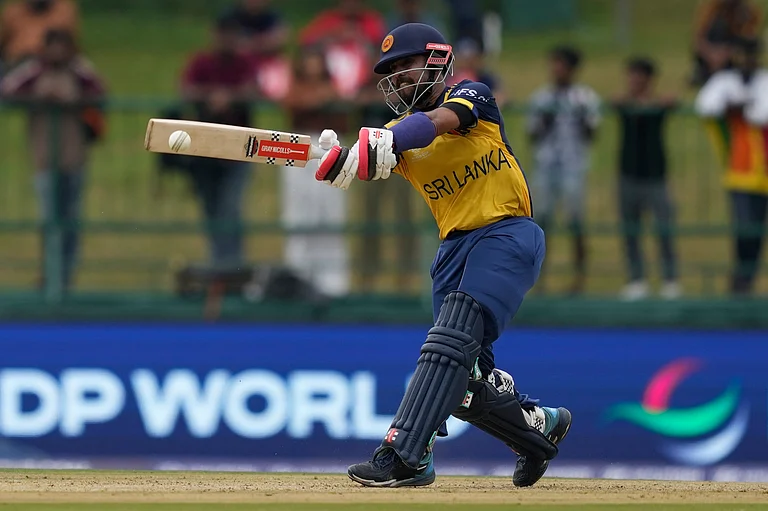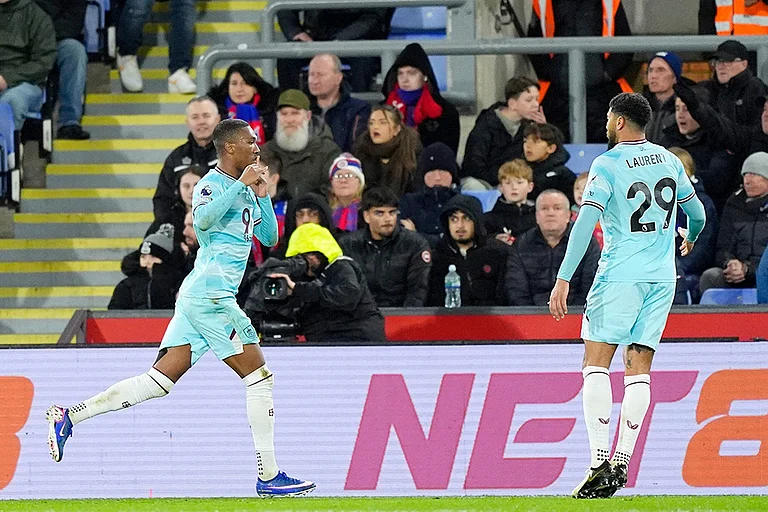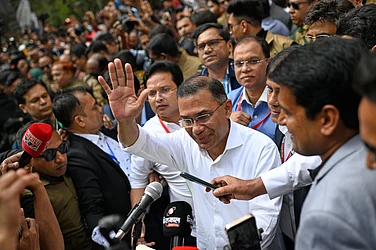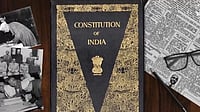As the state-wide manhunt for Amritpal Singh Sandhu paralysed Punjab, it put the spotlight back on the recurrent issue of Khalistan. Amritpal Singh was the latest separatist leader to demand a separate Sikh state who burst onto the national stage, by storming a police station in his audacious rescue of associate Lovepreet Singh Toofan from custody on 23rd February. Sandhu then evaded arrest in a dramatic fashion, sparking a state-wide mobilisation of resources and is still on the run. Meanwhile, his supporters rallied, vandalising Indian consulates in San Francisco and London, putting the spotlight firmly back on the Khalistan issue, a permanent fixture in Punjab’s socio-political context.
Punjab was similarly paralysed in the mid-1980s, seeing over a decade of violence and state repression, and a reign of terror as separatist groups and the Indian state locked heads. Since then, the movement has quietened down, and the state has moved on in many aspects. Yet, the horrors are not forgotten, and from time to time, the Khalistan demand crops up. Amritpal Singh Sandhu is only the latest example.
On Wednesday, at the 5th Home Affairs Dialogue in London, the Indian delegation flagged concerns about the rise in pro-Khalistan activities abroad and the abuse of the UK’s asylum status.
As the diplomatic dialogue now centres on this, we recap some of the more high-profile Khalistan-related incidents in recent times abroad.
Australia
Scuffles between Khalistani activists and pro-India groups occurred at Federation Square in Melbourne on 29 January 2023 amid the non-binding referendum on creating an “independent Khalistan”, which had already been denounced by India.
Footage showed Khalistani activists attacking people waving the Tricolour, and Victoria Police had to use pepper spray and armed officers to separate the groups. The force later reported two men had been arrested and two more men sustained minor injuries in the altercations. The incident reached the highest diplomatic levels, with the Indian envoy speaking to the premier of Victoria. Australian officials responded that they were appalled and were investigating related complaints of violence connected to Khalistani outfits. It was not the first time either, shortly before, the Indian High Commission in Canberra had condemned the vandalisation of three temples in Melbourne as incidents aimed at sowing hatred and divisions within the Indian-Australian community. The mission had expressed concerns about the recent trend of pro-Khalistan activists stepping up the scale of their activities in Australia.
Canada
Canada has seen a spate of Khalistan-related incidents over the last few months. On 17 February 2023, a Ram temple in Mississauga was defaced with anti-India graffiti by unknown miscreants. On 31 January 2023, the Gauri Shankar Mandir was desecrated by Khalistani extremists in Brampton City, Ontario. Slogans of ‘Khalistan Zindabad, Hindustan Murdabad’ were found spray-painted on the outer walls. Before that, in September last year, a similar incident happened at a Toronto temple where videos circulating on social media showed the same slogans – ‘Khalistan Zindabad, Hindustan Murdabad’ – painted on the walls of the temple. Rewinding further back, in February 2022, six Hindu temples were attacked in Toronto purportedly by extremists associated with the same movement.
In Mississauga, in October 2022, police said that clashes between Khalistani and Indian supporters, involving up to 400 people happened on Diwali night, with footage circulating on social media, of chaotic scenes. At the governmental levels, both Indian and Canadian officials have been noting this and engaging deeply, with Trudeau’s government accepting that this was a rising polemic they had to deal with.
The United Kingdom & United States
Boasting a large Indian diaspora, especially of Punjabis, over the years, the two Western powers have seen many incidents from time to time, related to Khalistani groups. Most recently, the attempted arson at the Indian consulate in San Francisco and the vandalism at the High Commission in London, where a man was arrested after windows were smashed, the Indian Tricolour defaced, and groups gathered raising Khalistani flags, with videos of this going viral. This is nothing new to either nation as smaller incidents have been commonplace over the years, from statues being defaced, to organisations and unofficial referendums being conducted over the years. India and the two Western powers have also locked horns, with India expressing concerns over misuse of the UK’s asylum system. A spat occurred as even then British premier, Boris Johnson commented on India’s arbitrary detainment of a pro-Khalistan activist and British national Jagtar Singh Johal in 2017. Similar scripts have played out with American counterparts, from U.S. officials being rather reluctant to act on Indian concerns about separatists abroad, noting that India did not respond in kind, to issues they raised about concerns in India.
However, as a definite stepping up of pro-Khalistan activities has been noted, these nations are now engaging in more productive dialogue at the highest levels, intent on maintaining communal peace above all. While the powers abroad may differ with respect to the fundamental questions of the Khalistani movement, they are united on collective action to reduce the growing violence and the spate of related disruptive and criminal activities that follow.


























